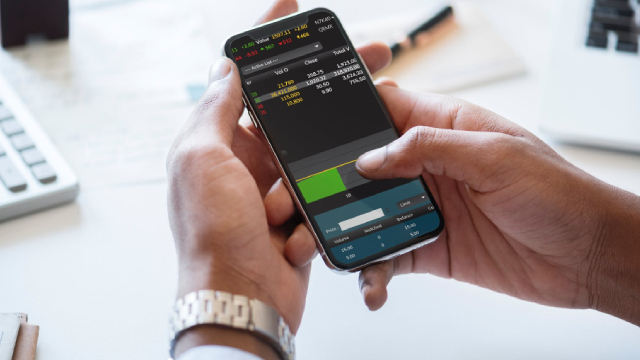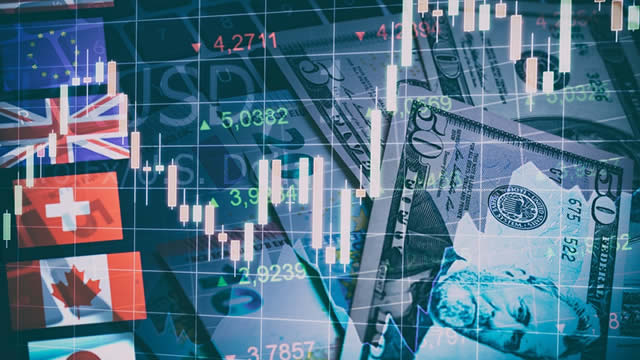KWEB Stock Recent News
KWEB LATEST HEADLINES
Both U.S. and Chinese stocks rallied due to a de-escalation in the trade war, boosting the S&P 500 and Hang Seng Indexes. I reiterate a 'Buy' rating on the SPDR S&P China ETF due to its attractive valuation and strong dividend yield. GXC has high exposure to large caps and a balanced mix of value, blend, and growth, despite a concentrated allocation in consumer discretionary and communication services.
Our global markets watchlist tracks nine prominent indexes from economies around the world.
Back-and-forth tariff threats have caused many advisors and investors to reassess their exposure to Chinese companies. However, it's still far too soon to completely divest from Chinese exposure.
Passive investors looking to create meaningful wealth over the long-term do have a plethora of options these days to choose from.
Our global markets watchlist tracks nine prominent indexes from economies around the world.
FOX Business' Charles Payne breaks down the global economic impact of President Donald Trump's tariffs on ‘Mornings with Maria.'
Once deemed ‘uninvestible,' China's markets are now starting to converge with the U.S., Eric Wong writes in a guest commentary.
The U.S.-China trade war has led to significant volatility in Chinese stocks, particularly those trading on U.S. exchanges, due to unprecedented tariffs. iShares China Large-Cap ETF has underperformed compared to the S&P 500 Index, with recent trends showing marginal improvement due to Chinese economic stimulus measures. The bearish case for the FXI ETF includes ongoing U.S.-China tensions, potential delisting of Chinese companies, and geopolitical risks like Taiwan.
Our global markets watchlist tracks nine prominent indexes from economies around the world.
Pramol Dhawan, PIMCO Head of Emerging Markets portfolio management, joins 'Closing Bell Overtime' to talk investing opportunities outside of U.S.








